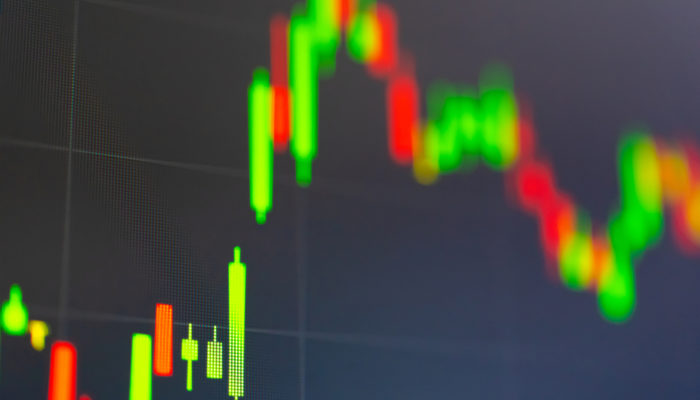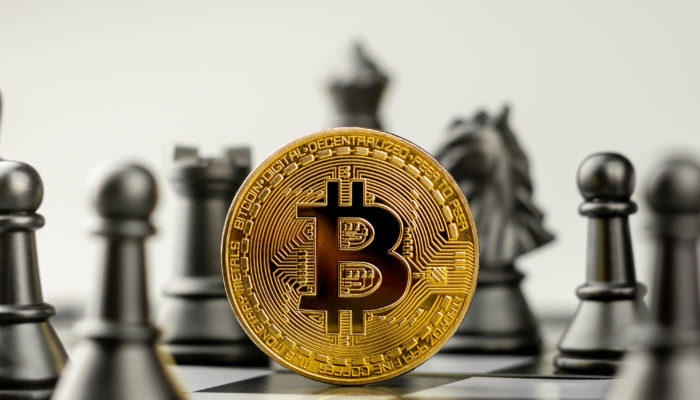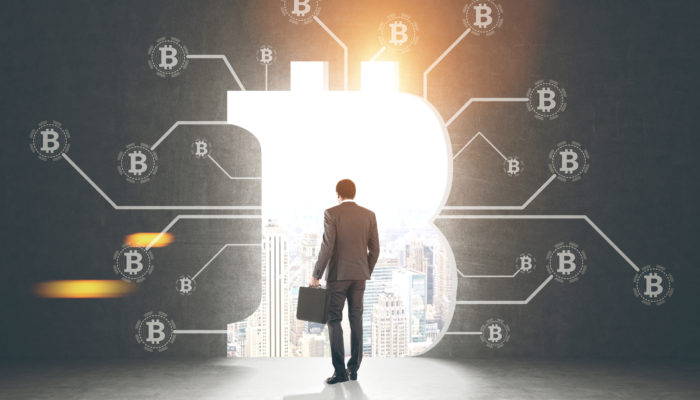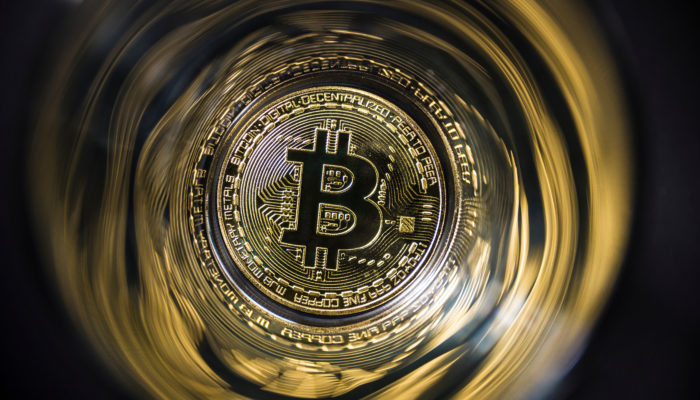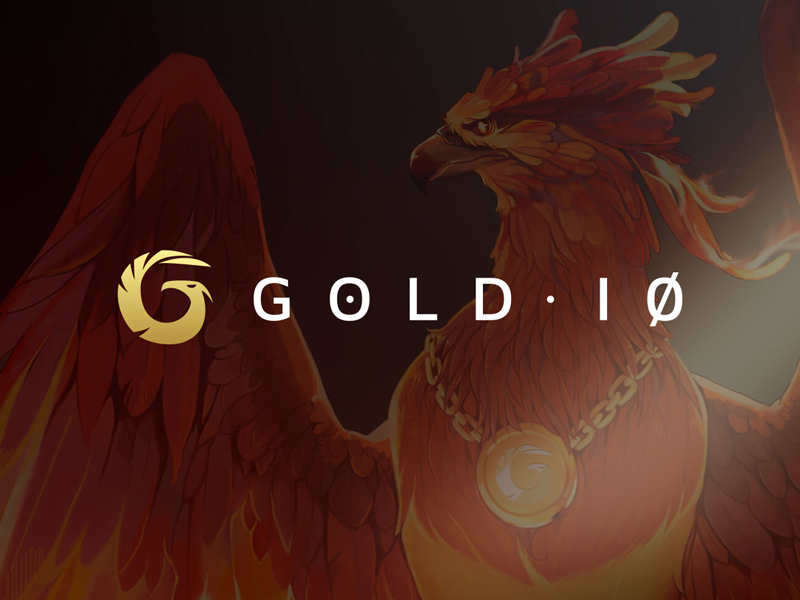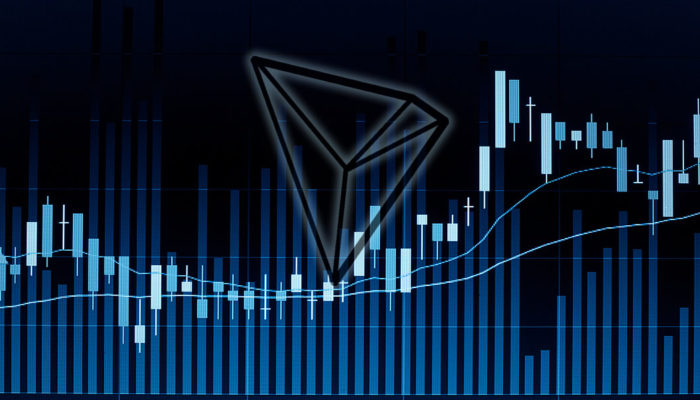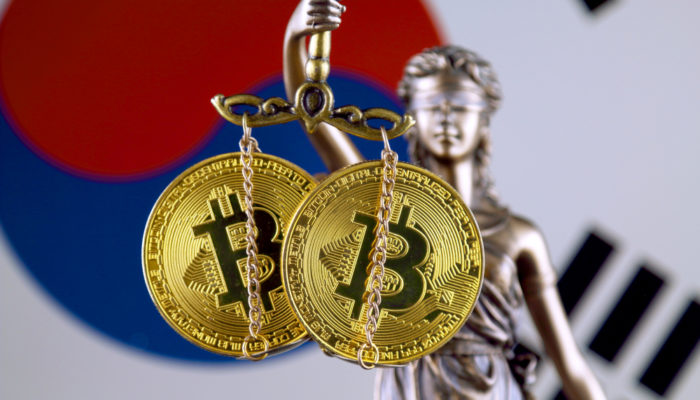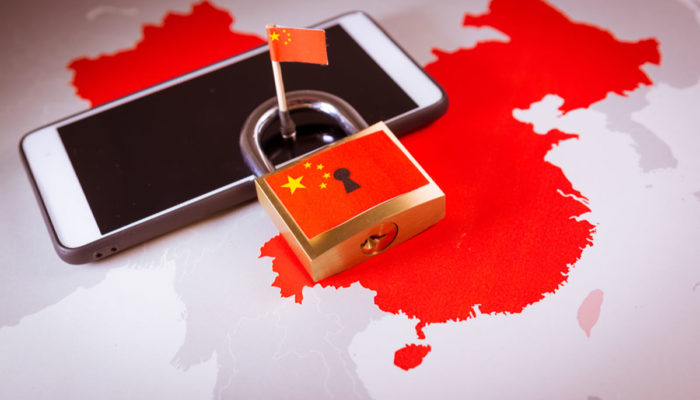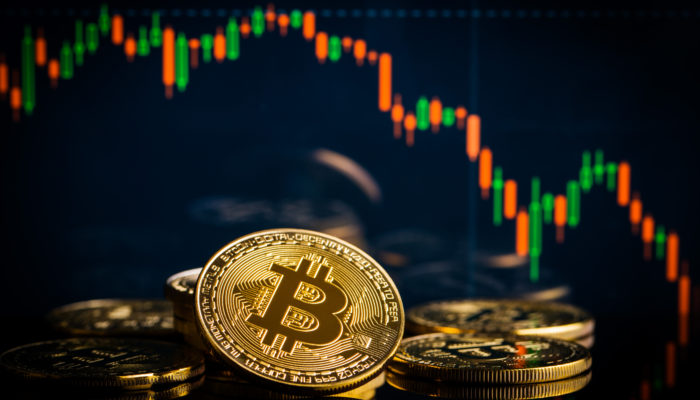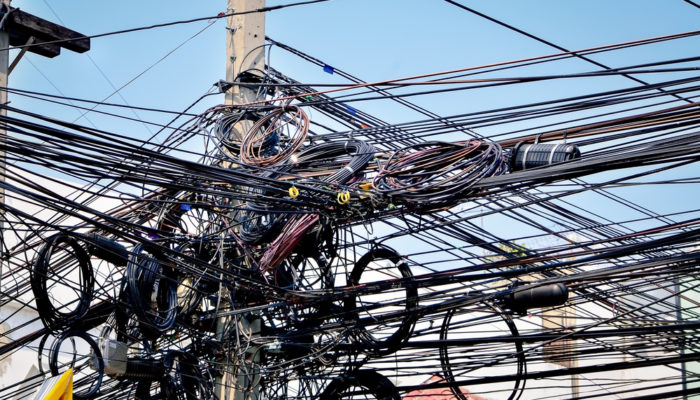The Universal Protocol Alliance (UPA), a coalition of leading blockchain companies including Bittrex Global, Ledger, CertiK, InfiniGold and Uphold, today launches Universal Carbon [UPCO2], the world’s first tradable carbon token on a public blockchain that can be bought and held as an investment, or burnt to offset an individual’s carbon footprint. With demand for carbon credits outstripping supply by a factor of 4 to 1 in 2020, according to the World Bank, the UPCO2 Token is set to democratize an important new asset class, which could lead to the establishment of a global clearing price for carbon (as today exists for such commodities as oil and gold) and more resources going directly into environmental projects.
Each UPCO2 Token represents one year-ton of CO2 pollution averted by a certified REDD+ project preventing rainforest loss or degradation. Every Token is backed by a Voluntary Carbon Unit [VCU], a digital certificate issued by Verra and other international standards agencies, which allows certified projects to turn their greenhouse gas (GHG) reductions into tradable carbon credits.
“The projects we support through carbon credit purchases prevent deforestation in the Amazon, Congo Basin and Indonesia as well as other threatened rainforests”‘ explained UP Alliance Chairman, Matthew Le Merle. “For a new generation of investors looking for more than mere financial return, UPCO2 offers attractive social, economic and environmental benefits. At a key moment for climate change, UPCO2 allows people worldwide to do good for the planet and potentially do well for themselves.”
Powerful macroeconomic forces underpin the Voluntary Carbon Credit market and, according to some commentators, could drive up prices significantly as more countries introduce regulated CO2 markets, forcing companies to compensate for their pollution. Additionally, a growing number of firms and individuals are choosing to offset their carbon footprints voluntarily.
As with all commodities, prices for carbon credits are likely to fluctuate, but human emissions have grown from 25 billion tons to 55 billion tons between 2008 and 2018, while the supply of voluntary credits has remained broadly flat.
According to the World Bank, in 2020, humanity compensates for just 22% of global emissions through the purchase and retirement of carbon credits, and yet the proportion of countries operating regulated carbon markets has risen from 40 percent of global GDP in 2016 to 70 percent in 2020. The result is a wall of demand that may far outstrip the production of new carbon credits, which is constrained by the slow and expensive process of Voluntary Carbon Project certification.
“This year may go down as the key inflection point for climate change,” said JP Thieriot, Co-Founder of the UP Alliance and CEO of Uphold. “The year it went from far-off issue enshrined in distant accords like Kyoto and Paris, to a palpable threat affecting the lives of tens of millions of people. In recent months, we’ve seen Australia and California on fire, ever more powerful hurricanes, the U.S. president-elect Joe Biden announcing a Climate Administration, and companies such as Apple, Microsoft, and Nike voluntarily committing to carbon neutrality.
“Combating climate cancer is likely to become the dominant economic issue of the next 20 years. The UPCO2 Token allows people everywhere to participate in this hugely important – and potentially lucrative – new market, as well as do the right thing for the planet.”
Voluntary carbon credits, which back all UPCO2 Tokens, offer major economic advantages compared with regulated credits. As dollar-denominated, globally-recognized, fungible and perennial assets, voluntary credits last forever, maintaining option value, until consumed or retired by a company or an individual seeking to compensate for carbon footprint.
“It’s astonishing that there is no single global clearing price for carbon emissions,” said Le Merle. “A non-deliverable, digitally-tradable commodity that’s essential for human activity shouldn’t be traded bilaterally on OTC markets, as carbon credits are today.
“One year-ton of carbon means the same everywhere. As a globally-recognized asset, defined by international standards, a Voluntary Carbon Credit should eventually fetch the same price anywhere.” Mr. Le Merle said, “We believe that the UPCO2 token has an important role to play in democratizing access to carbon credits, which could eliminate price arbitrage and produce a single global price. This was a light bulb going on for me. Combine a digital asset with a rainforest carbon offset and give everyone in the world access. How could that not be a great idea?”
Copyright © 2023 iCryptome.com
- Ripple Price Analysis: XRP Accumulation, Bull Pressure Building Up
- Dai (DAI) is Now Available on Coinbase
- Fundamentals Grow While Bitcoin Price Stagnates, Where Does BTC Go From Here?
- Online Blockchain plc- Early UMBR adopters reaping the benefits in Umbria Farm
- NFTs Valued at $53 Million USD, Jay Chou’s PhantaBear Surpasses Cryptopunk as 1st Place in Global NFT Sales


